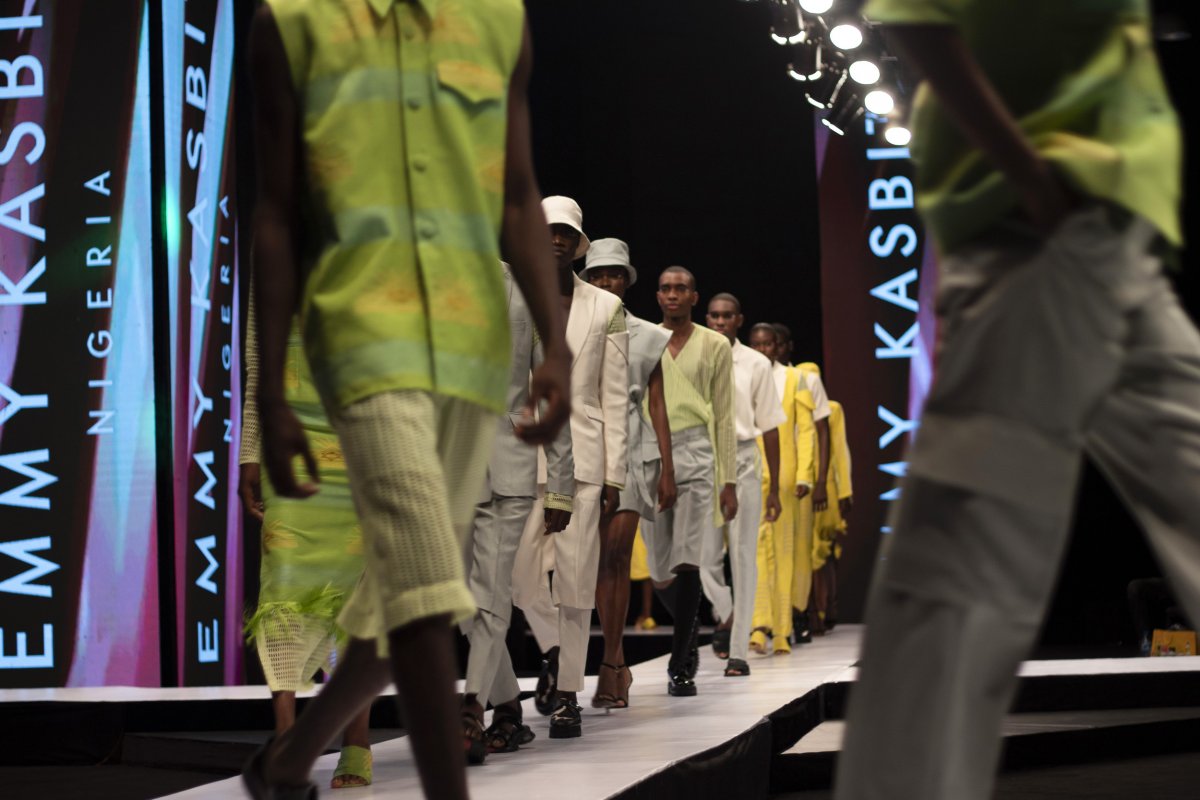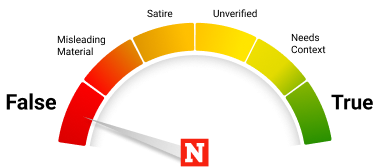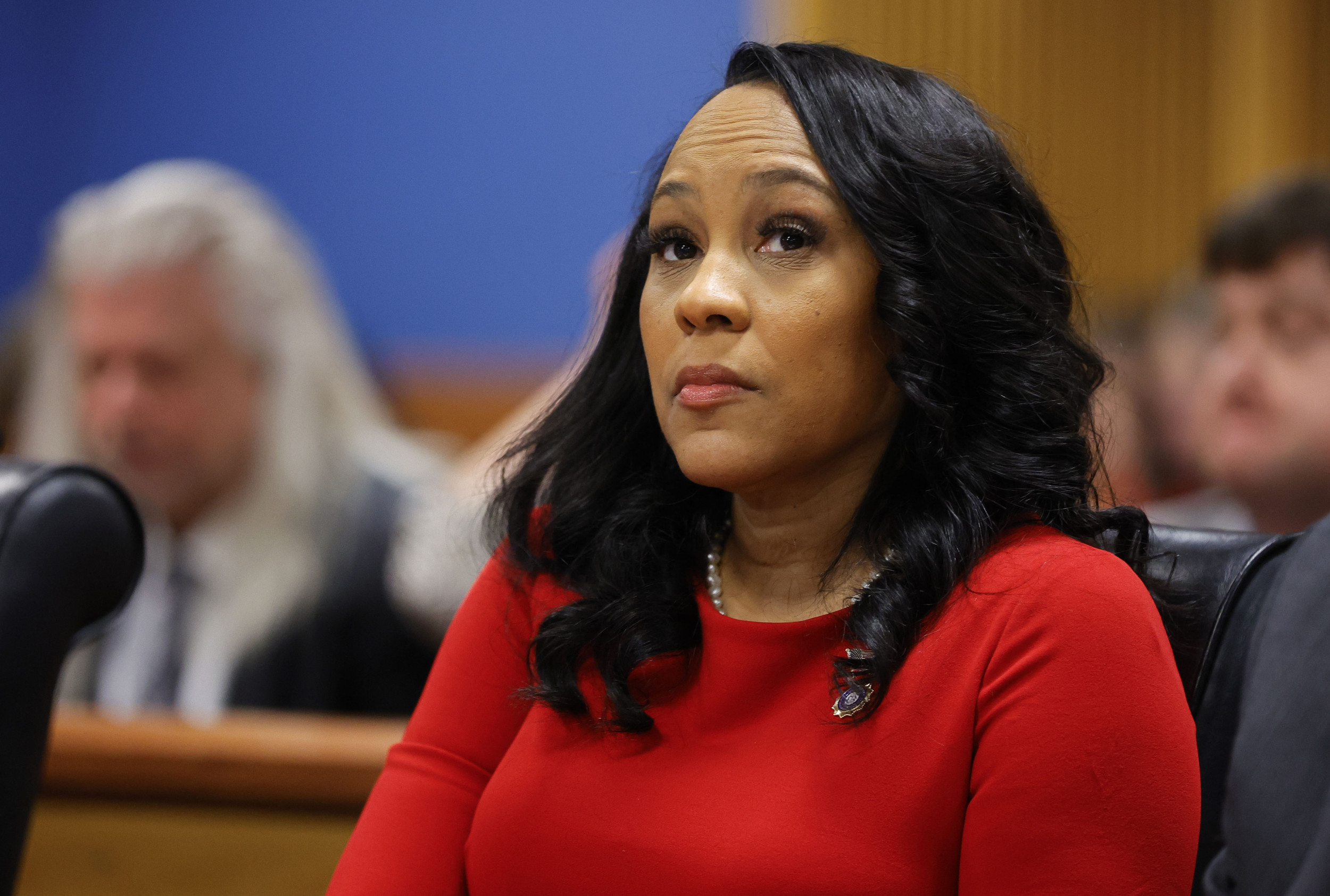In a statement published on Twitter by Nigeria's Federal Ministry of Information and Culture on August 23, the country announced that it Advertising Regulatory Council Of Nigeria (ARCON) was banning the use of all foreign models and voice-over artists on Nigerian media.
Many on Twitter responded to the announcement with disbelief and criticism, accusing Nigeria of discriminating against white models and actors and calling the country's new policy "xenophobic." On the other hand, many expressed their approval on a move that they praised as "a small win" and a "long overdue" measure.
Ban on the use of Foreign Models and Voice-Over Artists on the Nigerian Advertising Medium/Media pic.twitter.com/5pICTqOUt1
— Fed Min of Info & Cu (@FMICNigeria) August 23, 2022
For decades, British voice-over artists and white, non-Nigerian models have dominated Nigeria's advertising space, taking over commercials and ads.

The Claim
Many on social media —from average users to news agency's accounts— shared the news of the Nigerian ban saying the new policy was targeted at white and British models.
The news was covered in such terms by different outlets, from the Africa Archives—an account that says it tells "the Africans history and stories"—to news channel Say Cheese.
Nigeria becomes the first country to ban white and British models in all advertising.
— Africa Archives ™ (@Africa_Archives) August 31, 2022
“We have more than 200 Million beautiful people here we will use our own” ~ Nigeria pic.twitter.com/7RV6DZKooL
Nigeria becomes the first country to ban white & British models in all advertising. “We have 200M beautiful people here.. we will use our own” pic.twitter.com/2SWA7ZVkk4
— SAY CHEESE! 👄🧀 (@SaycheeseDGTL) August 31, 2022
The Facts
In its statement announcing the ban, ARCON explained that the measure is "in line with the government policy of developing local talent, inclusive economic growth and the need to take necessary steps and actions aimed at growing the Nigerian advertising industry."
According to ARCON, the ban, issued on August 22, will come into effect from October 1 —making Nigeria the first country to ban non-native models and voice-over actors.
"All advertisements, advertising and marketing communications materials are to make use of only Nigerian model and voice-over artist," the agency said in its statement. Existing advertising material using non-Nigerian models and voice-over actors will be allowed to run out their terms but it won't be renewed after that.
Following the official announcement by the Federal Ministry of Information and Culture, Steve Babaeko, the president of the Association of Advertising Agencies of Nigeria, also confirmed the veracity of the ban, in a comment to the The Times.
"Ten to twenty years ago if you checked the commercials, I would say they were almost 50/50 in terms of foreign faces and all the voiceovers were British accents," he told the newspaper.
"I think the law is just catching up with national sentiment. As long as maybe eight years ago you would notice some kind of renaissance in Nigeria," he added, talking about a "new sense of pride emerging" among young Nigerians who want to see more indigenous models in advertisement.
"People will tell you, 'There are about 200 million of us. Are you telling me you could not find indigenous models for this commercial?'" he told The Times.
ARCON director-general Olalekan Fadolapo, who e-signed the ARCON statement, was also interviewed by The Times, stating that similar policies to the Nigerian ban already exist in other African countries, though these bans are "unwritten."
"Advertising should resonate with the people. How do you think it will resonate if we keep using foreign artists?," he told the newspaper.
The ban is also in line with a previous policy already introduced in the country whereby companies had to pay a 100,000-Naira —about $240— tariff for every foreign model used in an advert.
Newsweek has reached out to ARCON and Nigeria's Federal Ministry of Information for comment.
The Ruling

False.
While Nigeria isn't specifically banning white and British models and voice-over actors, the country is banning all non-Nigerians from its advertising space—which will obviously impact a great number of white models, as well as other non-Nigerian Black models.
FACT CHECK BY NEWSWEEK
Uncommon Knowledge
Newsweek is committed to challenging conventional wisdom and finding connections in the search for common ground.
Newsweek is committed to challenging conventional wisdom and finding connections in the search for common ground.
About the writer
Giulia Carbonaro is a Newsweek Reporter based in London, U.K. Her focus is on U.S. and European politics, global affairs ... Read more
To read how Newsweek uses AI as a newsroom tool, Click here.






